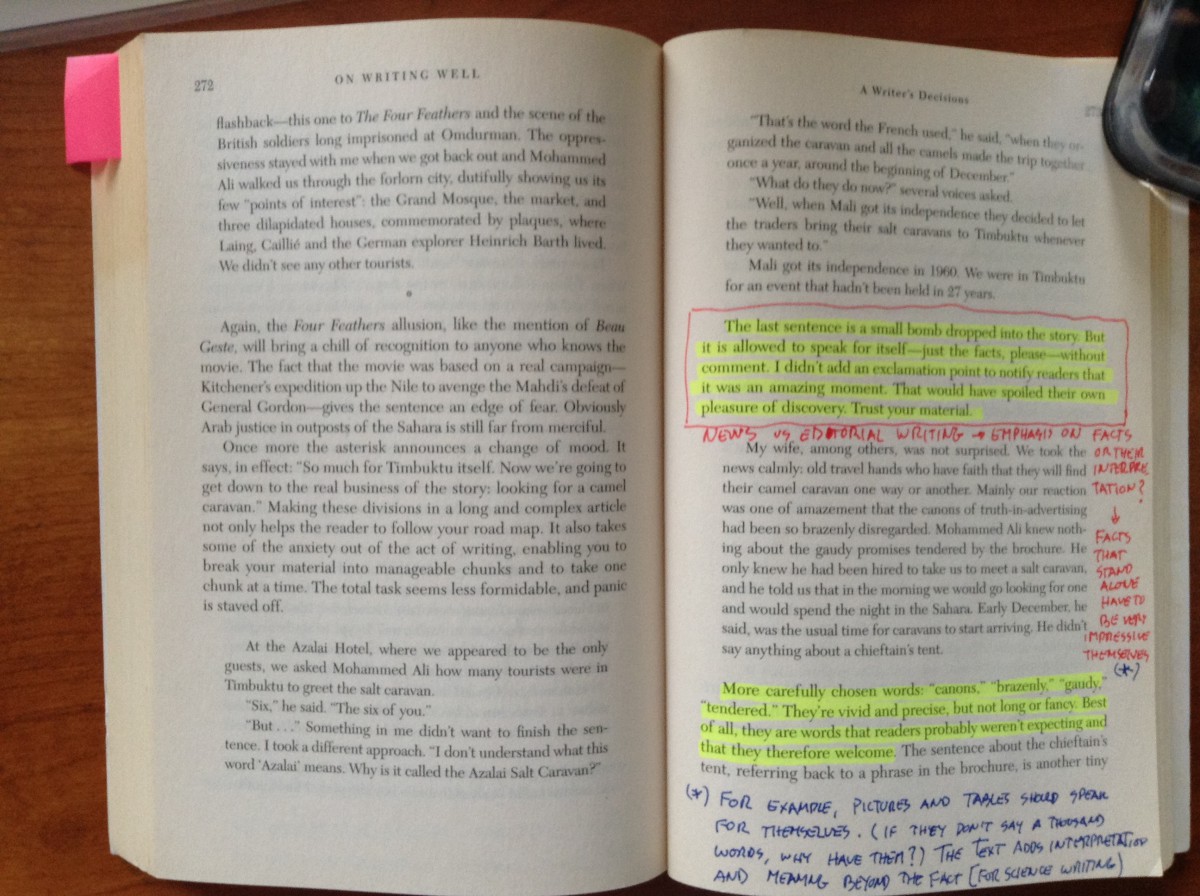
On the evening of Thursday February 23 we gathered with faculty and staff from around City Tech and across CUNY to discuss “Annotating Texts in Open Digital Pedagogy”. Due to the expanding repertoire of digital technologies and the rising costs of textbooks, there is pressure to use digital texts in classrooms. However, an important question for many educators is whether students can and do engage with digital texts in the same way they can and do with analog texts. This Open Pedagogy event aimed to discuss the challenges and opportunities of annotation with digital texts.
Our evening began with the collective reading of “Marginalia”, a poem by Billy Collins (1941) about the plethora of experiences and interactions that take place in and around the margins of texts. This text was used as the basis of a think, pair, share exercise that asked participants first to independently annotate the analog text, and then to collectively reflect on the facility of and approach to annotating texts with the group. Some of the main points discussed were about the intention of annotation – for whom, by whom, in relation to whom, how our relationships, interpretations and annotations of a texts can change over time, and how skillful annotation can offer a reader a sense of ownership and agency relative to the text and in relation to reading and learning more broadly. Towards the end of this conversation, a faculty member from John Jay asked the group if “anyone [had] heard of Hypothesis”. As OpenLab’s own Phil Kreniske noted – this was a, “good segway” into our conversation about digital texts, which would focus on the digital annotation tool for much of the remainder to the evening.
Monica Berger, Instruction and Reference Librarian of the Ursula C. Schwerin Library and a member of the committee that supports City Tech OER Fellows started us off with an overview of Hypothesis. As Monica began to show us, Hypothesis is a digital tool that allows for individual or collective annotation of a digital text – whether a website or PDF. Monica highlighted the web version of Hypothesis, but also clarified that Hypothesis is available as a Plugin through some WordPress platforms – including City Tech’s OpenLab.
Anke Geerstman, a PhD Candidate in the Comparative Literature Program at the CUNY Graduate Center, fellow at the Teaching and Learning Center (also at GC) and Instructor at Baruch College (CUNY) followed Monica’s introduction with a nuanced conversation about social reading as a pedagogical practice and examples of using Hypothesis with her hybrid course via a course site hosted on Blog@Baruch. Anke demonstrated how she had used Hypothesis to have students collectively annotate and highlight text and to provide students with close edits and feedback on posted writing assignments. Students also used Hypothesis on their own to sign up for class presentations on Greek Theatre. Ultimately, Hypothesis and other digital annotation tools introduce an(other) opportunity to socialize and collectivize the annotation – and more broadly, learning – process.
While we looked at the course site live together, the conversation shifted to thinking about annotation as a skill, and one that hinges on another skill, close reading. There was consensus that while using digital annotation tools has interesting opportunities for online social annotation, there is a learning curve and a need for scaffolding. Our conversation highlights a few things to consider in this process:
- Independent and collective reflection on close reading and annotation of an analog piece can facilitate a grounded, focused conversation on the practice of annotation.
- When you begin to work with the digital annotation tool, support students in exercising different approaches to annotation and close reading with guiding questions and tips.
- Annotation is a hierarchy of summarizing, analyzing and synthesizing; these can also be scaffolded into assignments and exercises throughout the semester.
Another important point, and counterpoint to the social aspect of digital annotation was the consideration of annotation as a personal and reflective activity. Being intentional about what you want students to get out of the activities matters, and should dictate whether you do the assignment digitally or not. That said, Anke pointed out that Hypothesis does have privacy settings, and other digital annotation tools offer varying degrees of privacy as well.
Overall the conversation was very generative, and we ran out of time to even begin the final portion of the event, wherein OpenLab’s own Andy McKinney was going to give the group an overview of a sampling of digital annotation tools. We hope to be able to cover these in future workshops, particularly given the interest in digital annotation and social reading expressed last night.
Thank you to all who were able to join us for this conversation! For those who couldn’t, we hope this post brings you into the discussion – at least partially. Moreover, we’d like to direct your attention to a set of articles for further reading, found at the bottom of the initial event post. Lastly, we encourage everyone to continue this conversation here on this blog and during future events.
Our NEXT OPEN PEDAGOGY EVENT is in one month, on THURSDAY MARCH 23RD in the Faculty Commons (N227) from 5:30pm – 7:00pm. That evening we will discuss “MULTIMEDIA IN OPEN DIGITAL PEDAGOGY”. We hope you can join us!
Light refreshments will be served and part-time City Tech faculty receive a stipend for attending. RSVP coming soon.
In the meantime, we encourage you to join Open Pedagogy on the OpenLab by visiting our course profile and check out the materials and discussions taking place on the site!




One thought on “Recap: Annotating Texts in Open Digital Pedagogy”